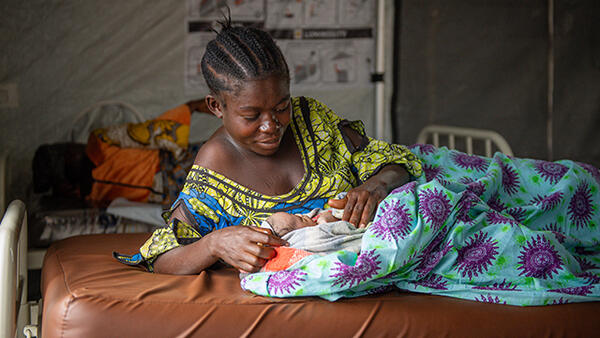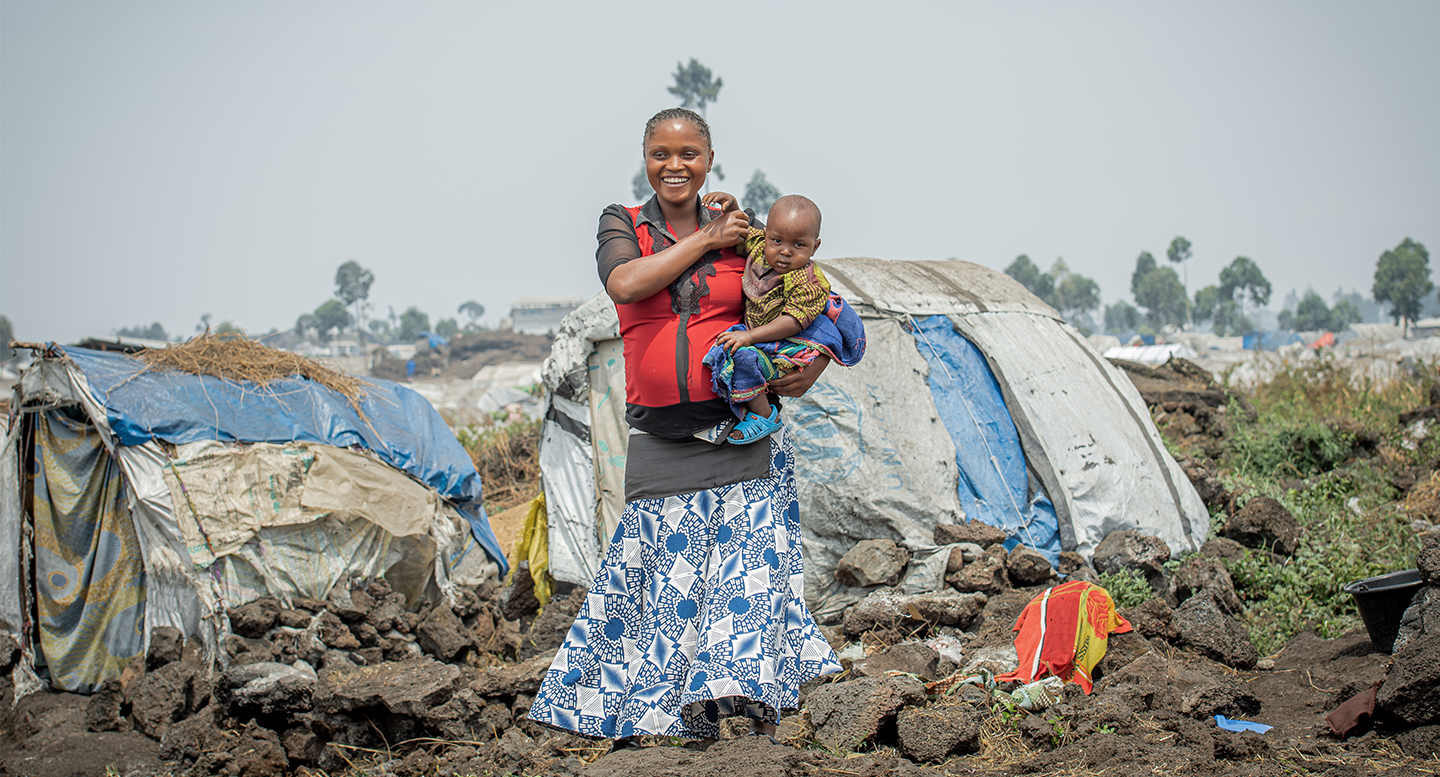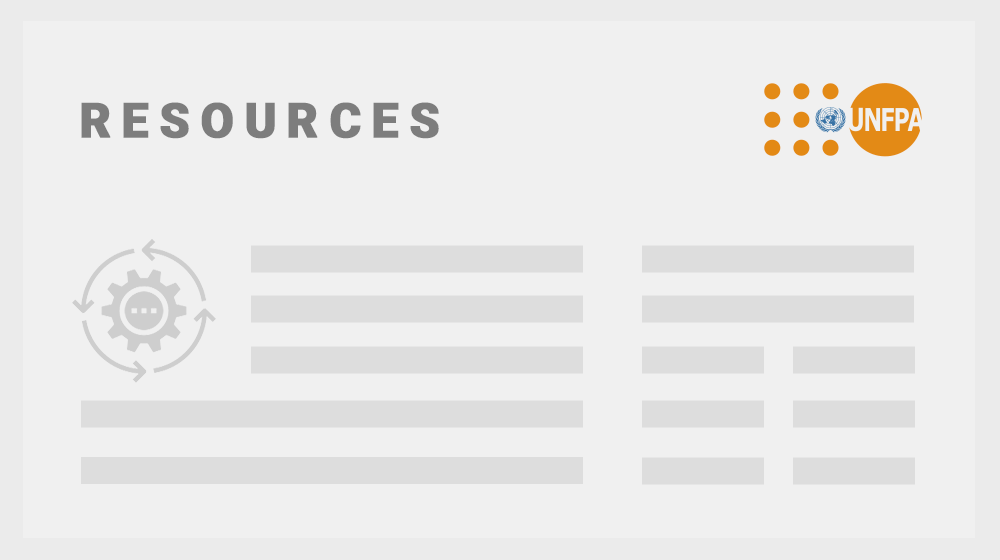
Five ways to change life for women in the Democratic Republic of the Congo
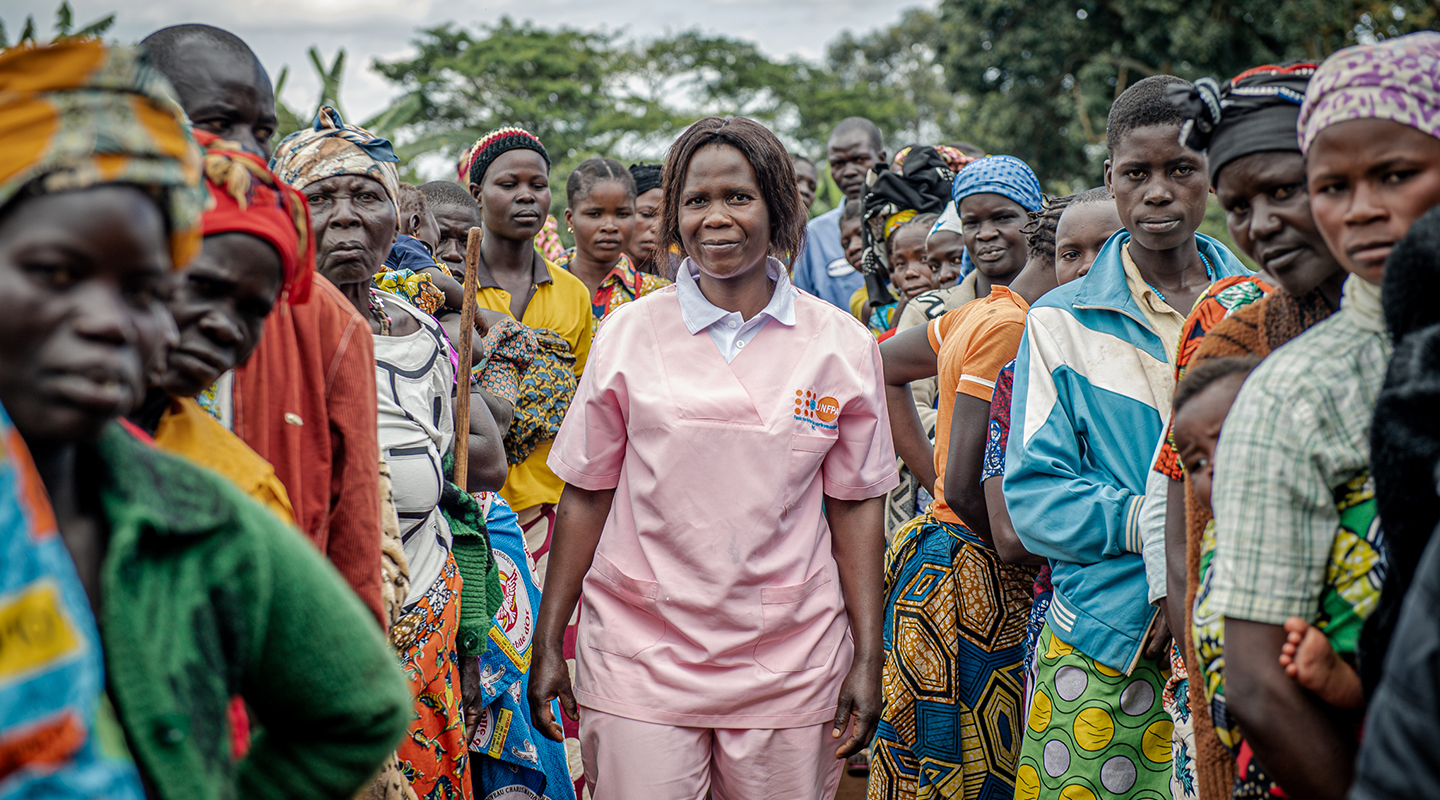
With a legacy of sexual violence, prolonged war and high rates of maternal mortality, the Democratic Republic of the Congo is a country in crisis. And yet it is largely overlooked.
An escalating conflict among armed groups and national armies in the east has forced some 5.8 million people from their homes since March 2022, compounding a longstanding humanitarian crisis in the country – worsened by climate disasters and recurrent disease. Medical infrastructure is poor, and access to reproductive health services is severely constrained. This, amid an alarming spike in gender-based violence.
“In this period of conflict, we live under acute stress,” says midwife Esther Okunia, who has fled her home in Ituri province so often, “it has become a way of life.” Describing the chaos of being uprooted, she says, “Sometimes we travel separately, the father alone, the mother with some of the children – and sometimes, the children without their parents. I always tell my children, ‘When this happens and you’re at school or away from home, follow the crowd, don’t stray and never go off on your own.’”
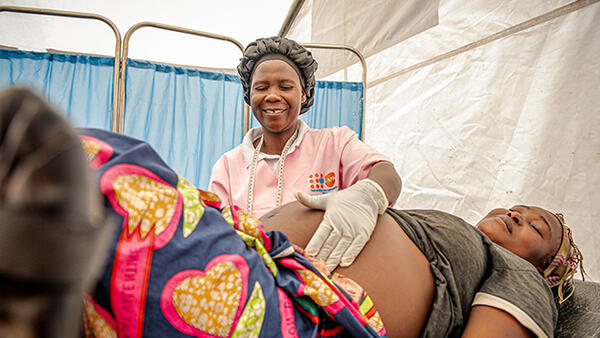
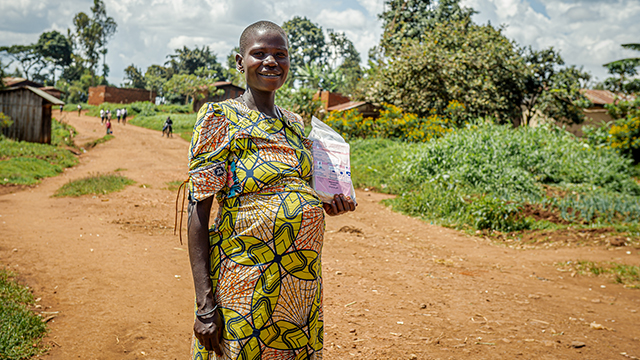
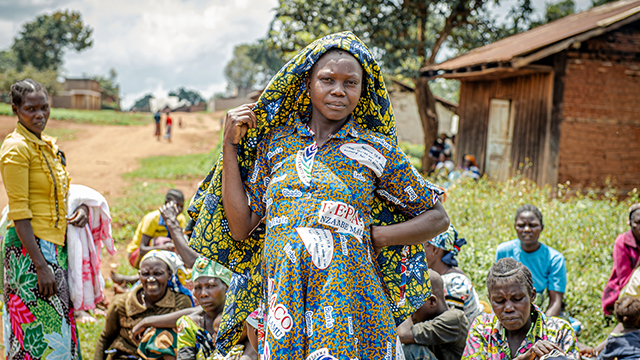
UNFPA works with partners to help support women and girls across the country, including distributing medicines and supplies and deploying midwives and mobile health teams. Safe Spaces are being expanded so that survivors of gender-based violence can access medical, psychosocial and legal support.
But there’s much more to be done. Here are five actions that leaders must take to change life for women and girls:
1. Invest more in services to tackle gender-based violence
Some 7.2 million people across the country are internally displaced, including more than 860,000 women of childbearing age. Many are living in overcrowded sites and shelters – conditions that increase the risk for women and girls of gender-based violence, in addition to unintended pregnancies, unattended obstetrical complications and maternal deaths.
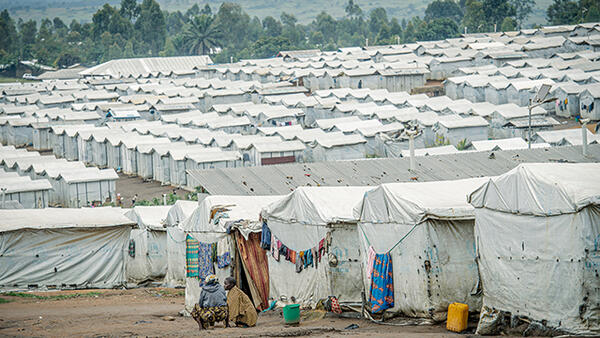
Amid the fighting in the east, sexual violence – which is increasingly being used by armed groups as a tactic to terrorize and control people – has soared. Women and girls living in displacement camps in these conflict zones are at heightened risk, especially when they need to leave the camps to find supplies for their basic needs, such as firewood for cooking.
That’s what happened to Anny (whose name has been changed for privacy) and her teenage daughter in the Bulengo camp in North Kivu. With no electricity, gas or access to basic services, they had to leave the camp in a quest for firewood to cook meals. As they began to gather wood from a nearby forest, armed men attacked, raping both at gunpoint.
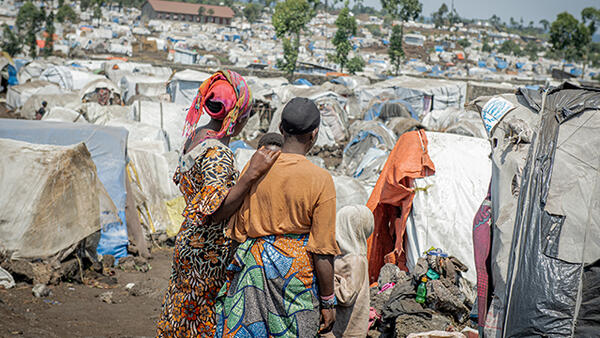
Back at the camp, reeling from the trauma, Anny and her daughter found some much-needed support: At a weekly information session supported by UNFPA, they learned that they could receive medical care and psychosocial support at a mobile clinic and a Safe Space, which helped them begin to regain their footing.
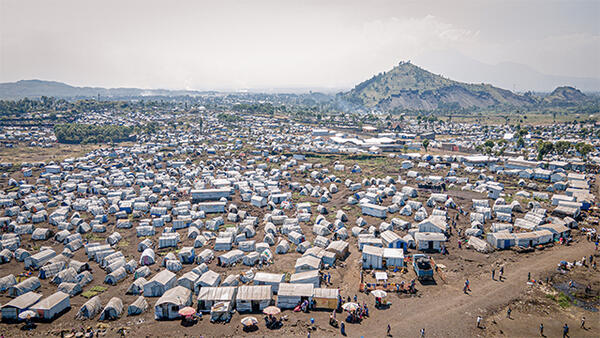
For many survivors of sexual violence, access to comprehensive medical and psychological support is limited. Further, many women don’t report cases of rape, despite efforts to raise awareness, amid a culture of silence surrounding sexual violence, says Ms. Okunia, the midwife in Ituri.
In the health facilities and mobile clinics supported by UNFPA, trained professionals provide quality, confidential assistance. But much more support is needed from global donors to meet the dire need.
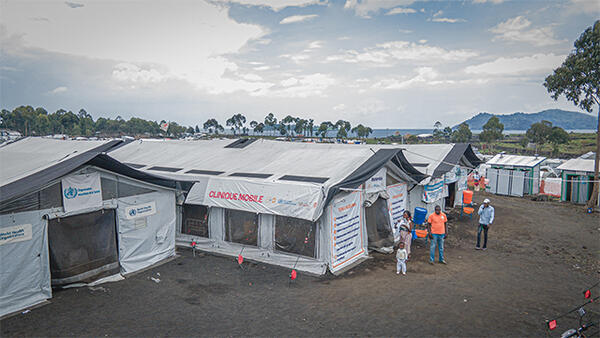
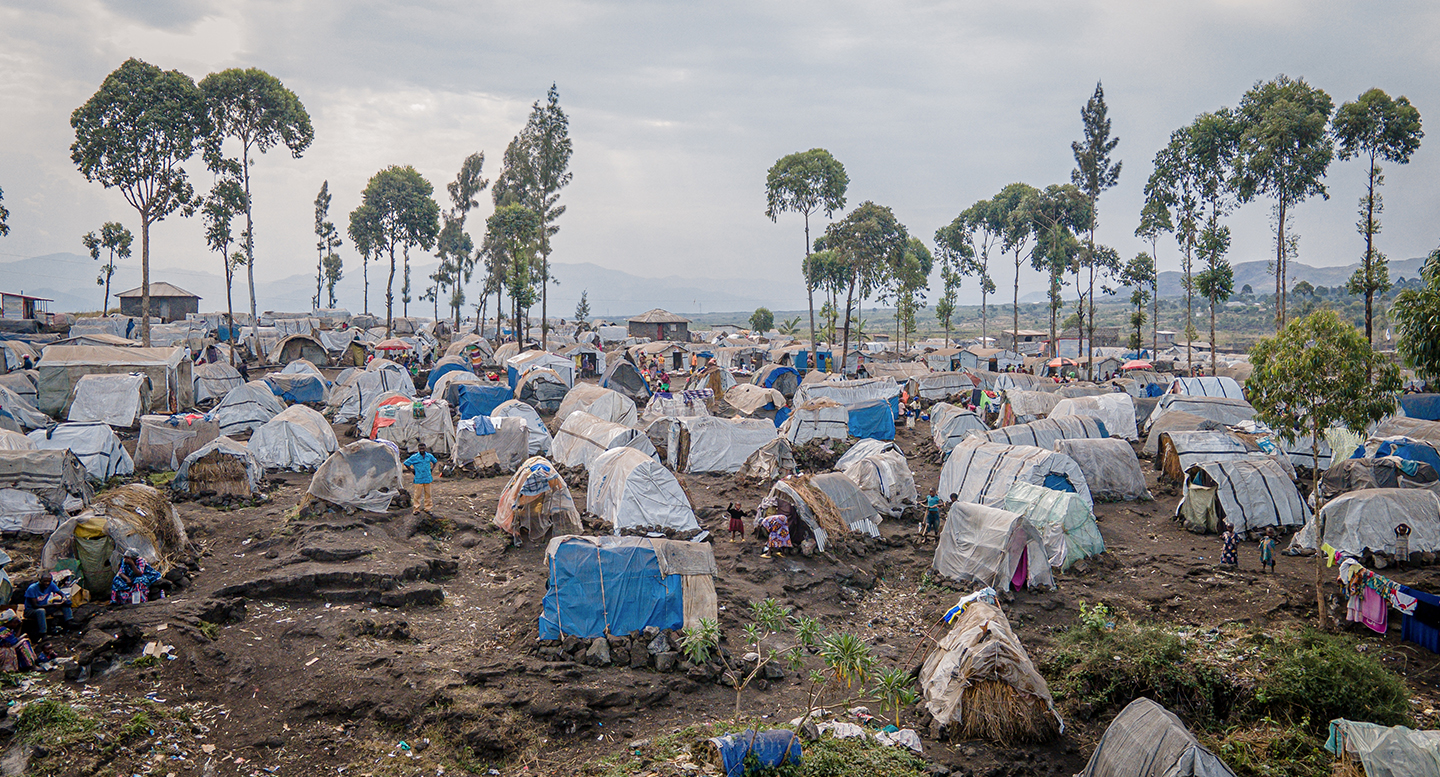
2. Increase awareness among women and girls about sexual and reproductive health
It’s crucial that women and girls play an active role in shaping their future. Raising awareness about sexual and reproductive health services, including family planning, maternal health care and comprehensive sexuality education, can empower them to plan their lives and know their reproductive rights – and to advocate for a social and legal environment in which they can exercise all of their rights.
To that end, in the conflict-ridden eastern provinces of North Kivu, South Kivu and Ituri, initiatives supported by UNFPA have raised awareness among more than 17,000 people about reproductive health, family planning and gender-based violence, while more than 22,000 male and female condoms have been distributed – important steps toward change.
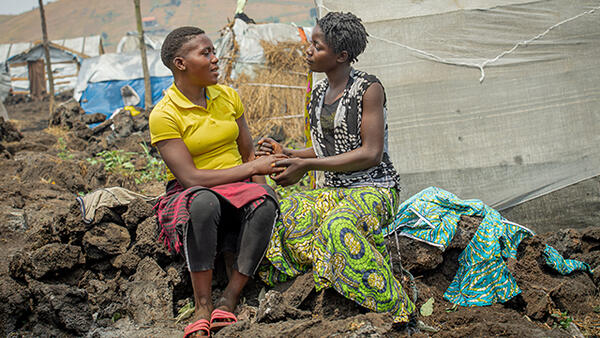
3. Improve access to reproductive health care and family planning
Access to sexual and reproductive health services is extremely challenging for women and girls. Even before the escalation of the current violence in the east, the country’s health infrastructure was weak. The increased violence has further compromised access to maternal and newborn care, including emergency obstetric care, as well as access to family planning.
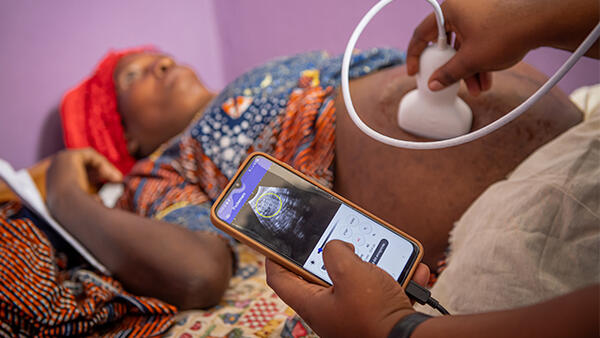
“The conflict poses many risks for pregnant women,” says Ms. Okunia, recalling a harrowing time when she had to put her midwifery skills to use while fleeing war herself: “We were fleeing the clashes between the national army and the rebel group,” she says. “I found a pregnant woman who had gone into labour. She had no one to help her. I took my courage with me, even though I had no equipment on me. I delivered this woman with my bare hands and no protective gloves. I used a reed to cut the umbilical cord of the newborn. This situation endangered the life of the mother and the newborn, as well as my own.”
Now, she says, thanks in part to training and support from UNFPA, she travels with medical supplies. “I always carry a kit with everything I need to save the lives of women and newborns at all times.”
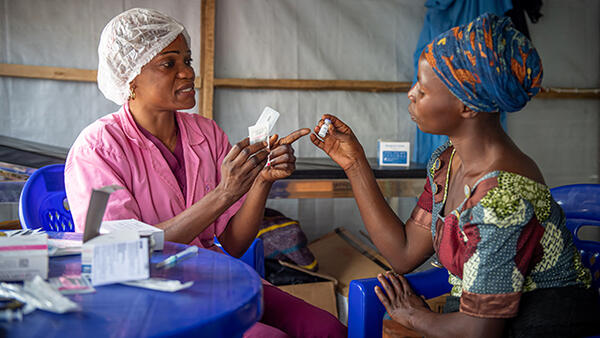
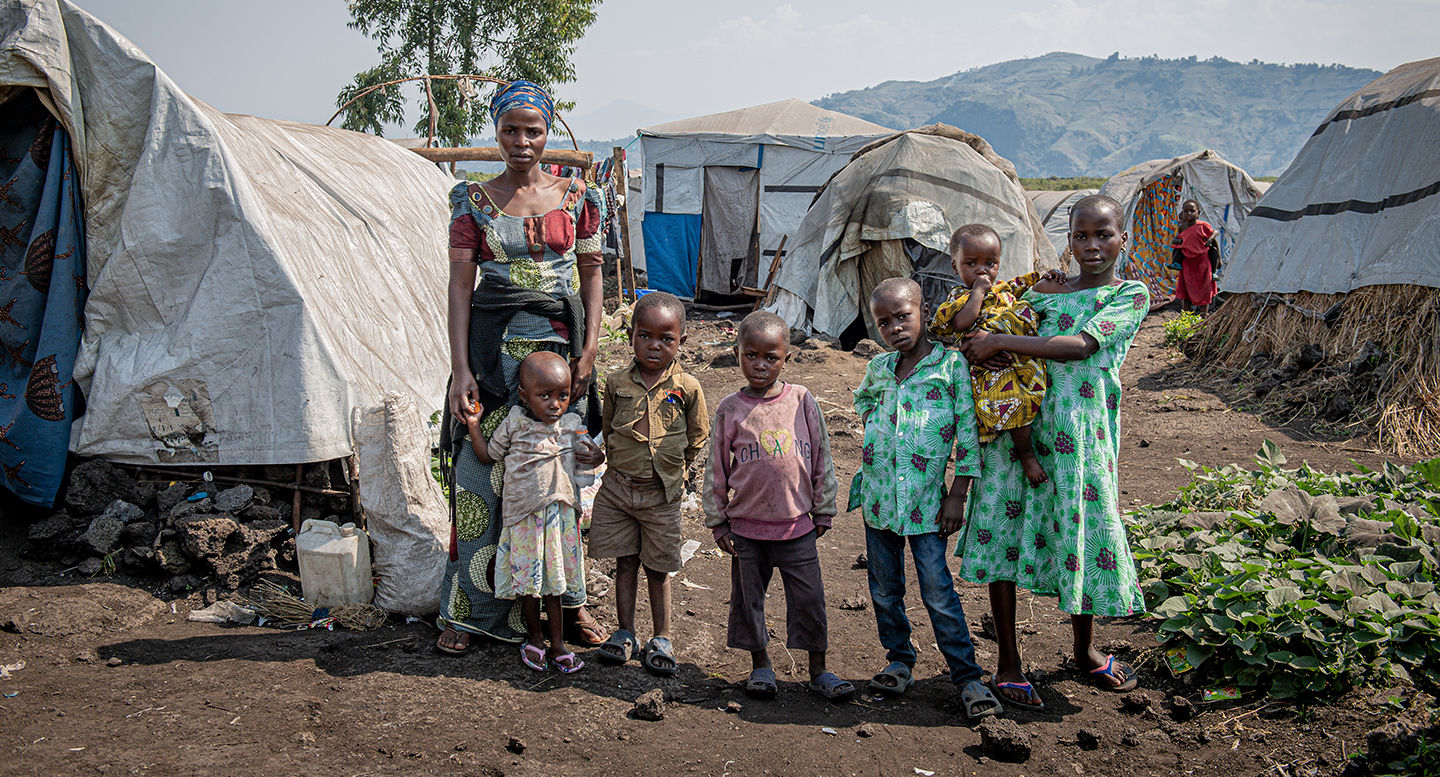
Improving access to reproductive care and family planning will help build a healthier and more prosperous and resilient population. Currently, 3 to 4 women die every hour from complications of pregnancy and childbirth – an unacceptably high maternal mortality rate. Between 2014 and 2017, the maternal mortality rate fell from 846 to 473 deaths per 100,000 live births, but progress has reversed since then. In 2020, the rate rose to 547 deaths per 100,000 live births.
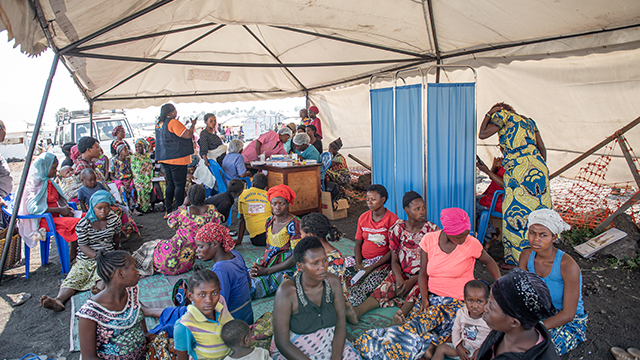
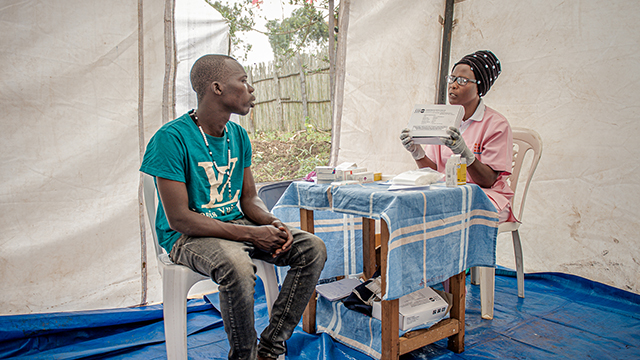
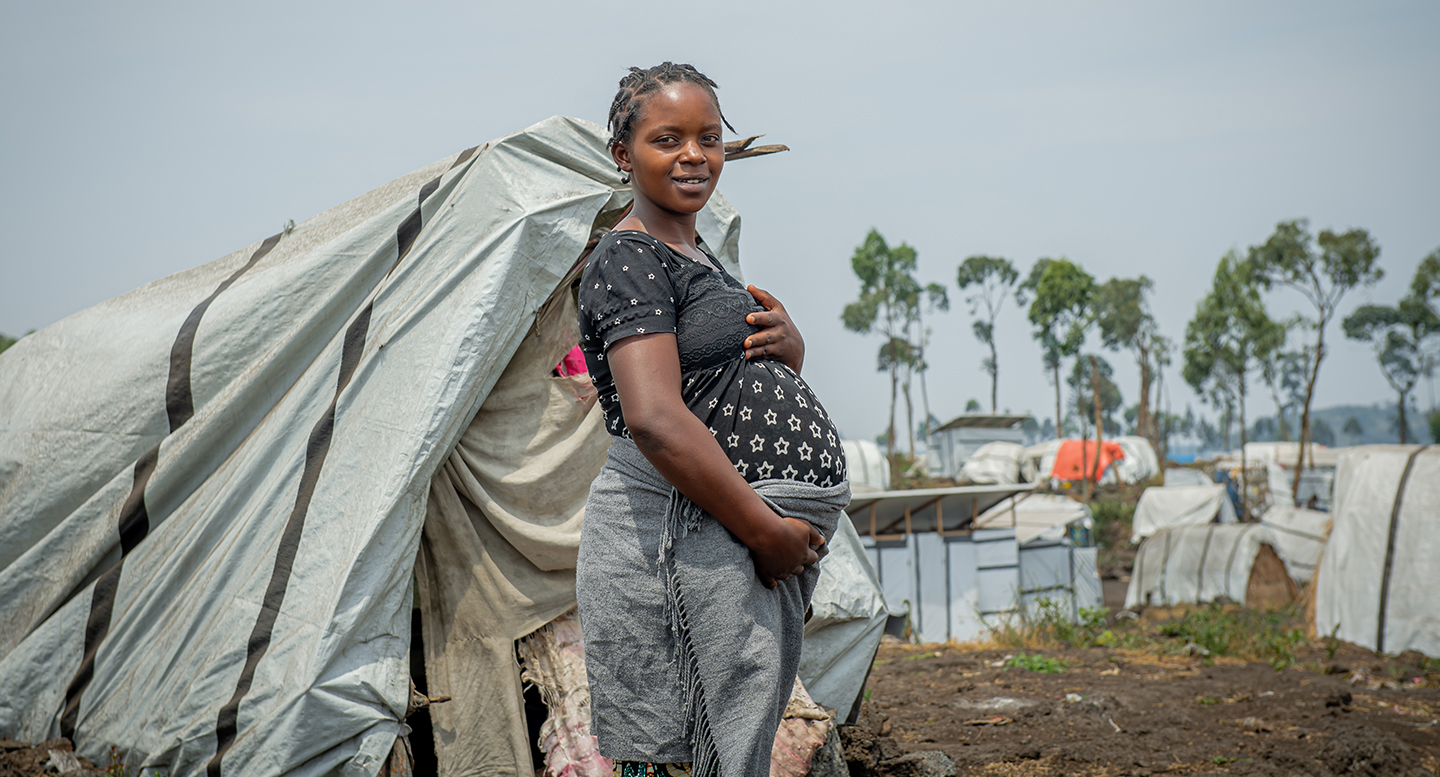
Greater investment in sexual and reproductive health services is vital to get back on track. The involvement of women and girls in initiatives to promote family planning and maternal-health services will help reduce unwanted pregnancies and increase access to vital services.
4. Include more women in peacebuilding
Women and girls make up most of the population of the country. By strengthening their economic and political capacity and giving them a voice in peacebuilding efforts, they can become empowered contributors to the development of the country – and crucially, they can contribute to a more peaceful future.
Case in point: Peace initiatives supported by UNFPA in the Kirotshe, Nyiragongo and Karisimbi communities involving women and men from different cultures have resulted in the deradicalization of 200 young men living in displacement camps, as well as the commitment of more than 1,000 displaced people to promote intercultural social cohesion and to create guidelines to prevent and manage conflicts in the camps.
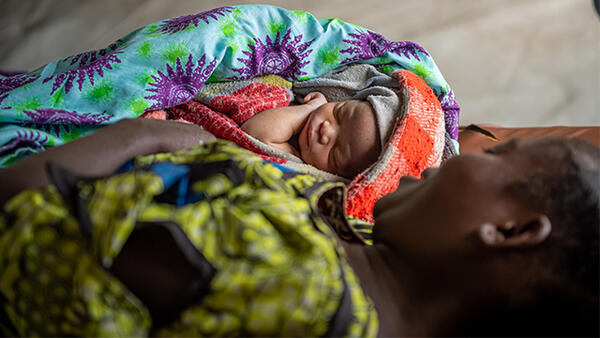
Women’s participation in peace processes contributes to the implementation and durability of peace agreements, research has shown. When women are involved in peace talks, there is a broadening of elements included in the peace agreements, including crucial gender-related issues. There is also greater pressure on the parties to reach an agreement or go back to the negotiating table when the talks falter. Yet there is persistent resistance among global officials to include women. Time to change that.
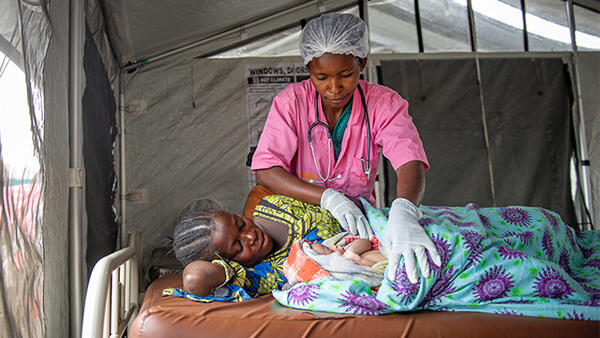
5. Greatly increase overall funding for women and girls
Chronic funding shortages from international donors means vulnerable women and girls are not being reached. In 2023, UNFPA appealed for nearly $98 million in funding to meet the needs of women and girls, but received a paltry $18.6 million. This gap translates into death and suffering for hundreds of thousands of women and girls.
To strengthen reproductive health and protection services for the most vulnerable women and girls in North Kivu, South Kivu and Ituri, UNFPA had appealed for nearly $19 million in 2023, but received only 60 per cent. UNFPA supports 17 Safe Spaces – which provide services including psychosocial support and training in skills such as basket making and fabric dying so that women can have some economic independence – as well as 10 health centres that provide medical care for survivors of gender-based violence.
Flexible and rapid funding will enable UNFPA and its partners to set up more mobile health clinics and Safe Spaces, to distribute vital supplies and to support the deployment of more essential workers, including midwives and gender-based violence case managers, among many others.
